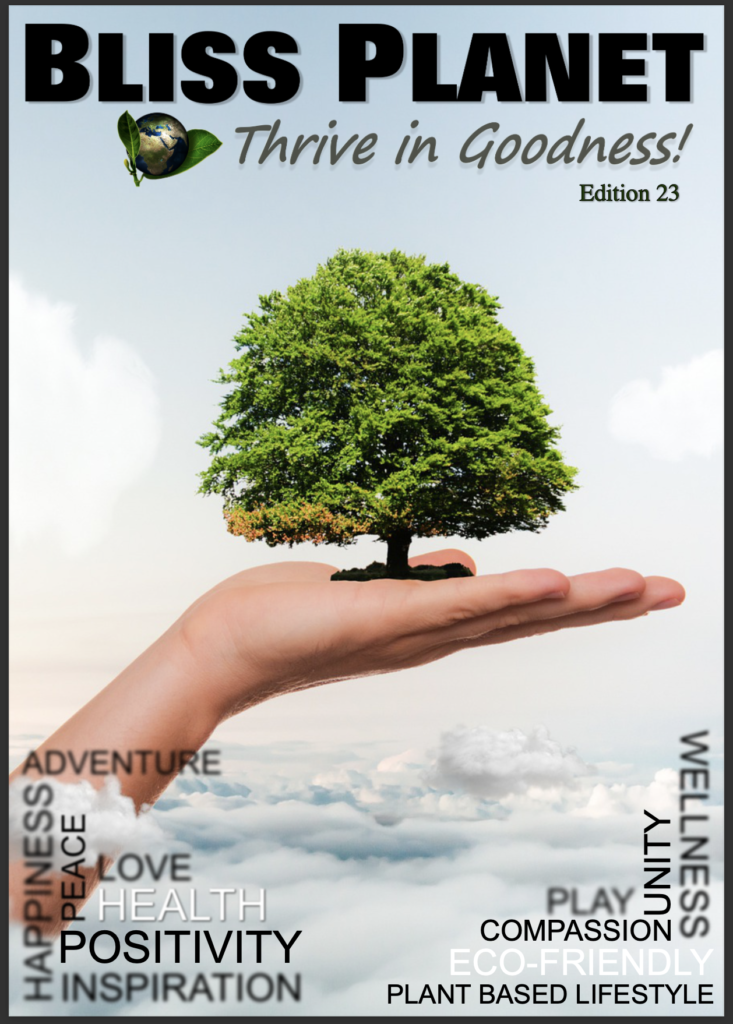Photo by Avi Chomotovski
It has been said that gratitude is the best attitude. And it’s true! When we take time to be thankful for what we have, we open the door to abundance.
Gratitude is like muscle: the more you use it, the stronger it gets. Just like working out at the gym, the more you express gratitude, the more benefits you will see in your life.
Gratitude is a practice that can be cultivated and nurtured. The more we focus on what we’re grateful for, the more our lives will begin to reflect that attitude. Gratitude is an emotion that is felt when we appreciate the good things in our lives. It can be directed towards people, things, or experiences. When we feel gratitude, we often feel happy and thankful.
In today’s society, it’s easy to get caught up in the hustle and bustle of everyday life and forget to take a step back and be grateful for what we have. However, studies have shown that gratitude can have a profound effect on our well-being, and can help us thrive in both our personal and professional lives.
What is gratitude?
Gratitude, according to the Merriam-Webster dictionary, is “the quality of being thankful; readiness to show appreciation for and to return kindness.” Gratitude is important because it is an essential part of being a good person. It helps us to appreciate what we have instead of always wanting more. Additionally, gratitude makes us happier and healthier people. Studies have shown that grateful people are more likely to exercise regularly, have lower blood pressure, and suffer from less depression and anxiety.
Next time you’re feeling down or like you don’t have enough, take a moment to remember all the things you do have and be grateful for them. It will make a world of difference in your outlook on life!
The Science of Gratitude
In our fast-paced, constantly-connected world, it’s easy to forget the simple act of expressing gratitude. But research suggests that taking even a moment to show appreciation can have a profound impact on our well-being.
A slew of studies has found that gratitude is linked with greater happiness, better sleep, and improved heart health. One recent study even found that practicing gratitude can help alleviate depression.
There are many reasons why we should practice gratitude. One reason is that it can help us to be happier. A study by Robert Emmons, a professor of psychology at the University of California, found that people who kept a gratitude journal were 25% happier than those who didn’t.
Another reason to practice gratitude is that it can help us to be more resilient. A study by Martin Seligman, a professor of psychology at the University of Pennsylvania, found that people who had a gratitude intervention were more resilient in the face of setbacks than those who didn’t.
Gratitude can help us to have better relationships. A study by Jeffrey Froh, a professor of psychology at Hofstra University, found that people who were more grateful had more satisfying and longer-lasting relationships than those who weren’t.
So what is it about gratitude that makes it so powerful? Experts say it helps us shift our focus from negative experiences to positive ones, which can lead to increased feelings of happiness and satisfaction. Additionally, expressing gratitude strengthens our relationships and encourages us to be more generous toward others.
So next time you’re feeling overwhelmed or stressed, take a few minutes to reflect on the things you’re grateful for.
Benefits of Gratitude
Gratitude has been shown to have many benefits for our mental and physical health. Some of these benefits include:
– improved mood
– increased resilience
– reduced stress
– lower blood pressure
– improved sleep
Gratitude is more than just a pleasant emotion; it’s also associated with many benefits for both mental and physical health. People who express gratitude are more likely to experience positive emotions, such as happiness, love, and optimism. They’re also less likely to experience negative emotions, such as resentment, envy, and regret.
“Do not spoil what you have by desiring what you have not; remember that what you now have was once among the things you only hoped for.”
―
In addition to improving emotional well-being, gratitude has also been linked with better physical health. People who are grateful have lower levels of stress hormones and inflammation in their bodies. They’re also more likely to take care of their health and make healthier choices.
Expressing gratitude can be as simple as taking a few moments each day to think about what you’re thankful for. You might also consider keeping a gratitude journal or sharing your grateful thoughts with others.
“Cultivate the habit of being grateful for every good thing that comes to you, and to give thanks continuously. And because all things have contributed to your advancement, you should include all things in your gratitude.”
―
Tips To Cultivate Gratitude
You can cultivate gratitude by focusing on the positive things in your life.
You can also cultivate gratitude by being grateful for what you have, even if it’s not perfect.
You can also cultivate gratitude by expressing gratitude to others
You can also cultivate gratitude by keeping a gratitude journal
You can also cultivate gratitude by expressing gratitude through acts of kindness
Finally, you can cultivate gratitude by practicing mindfulness and noticing the good things that happen to you each day.
We All Have Our Own Stories
The more that we can find in our life to be thankful for…the happier we generally are. Sometimes, it takes painful experiences to realize what we are grateful for on this journey called life. When life changed dramatically for so many people around the world, it was natural for some to focus on all they had lost. For others, there was a different response. From Italy to India, China to Chile, stories of people finding moments of hope and gratitude in desperation have been shared widely. For some, it has been about reconnecting with nature, or taking the time to appreciate simple things like a sunny day or a good cup of coffee. For others, it has been about reaching out to help neighbours or strangers in need.
In a world that feels increasingly divided, countless stories are reminding us that we are all connected. And that by coming together and showing compassion and care, we can experience gratitude and make a difference in the lives of those around us. The power of gratitude not only makes us feel good, but it also connects us and helps us thrive!
May all beings everywhere feel the power of gratitude and thrive!






5